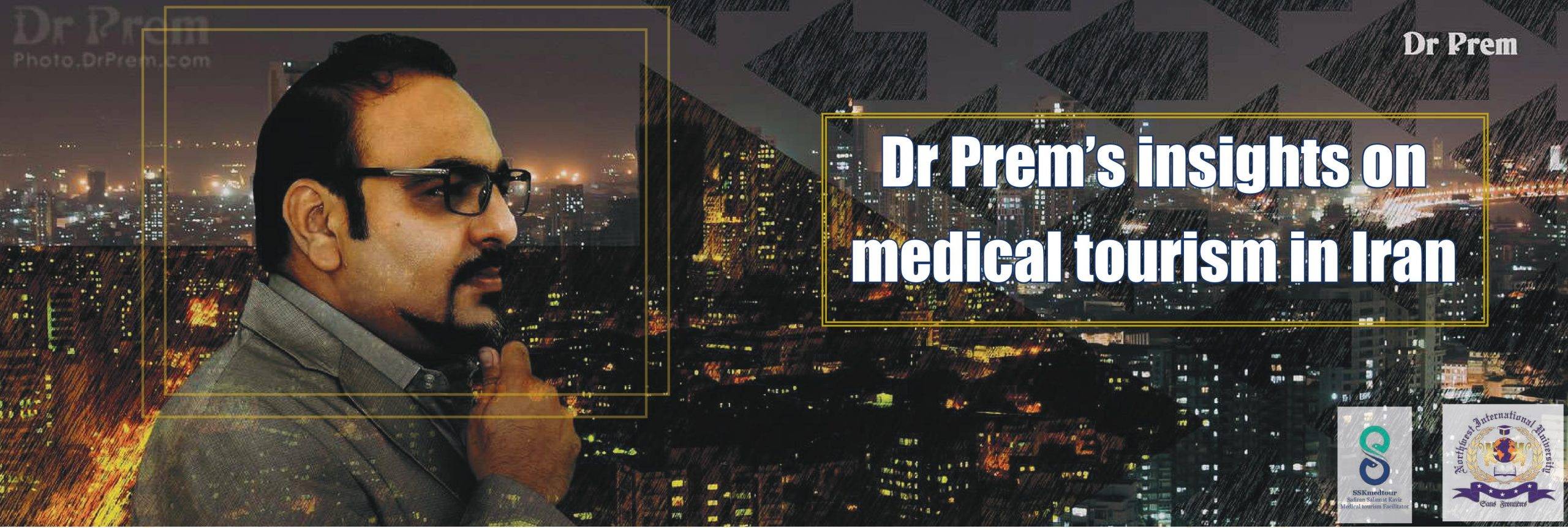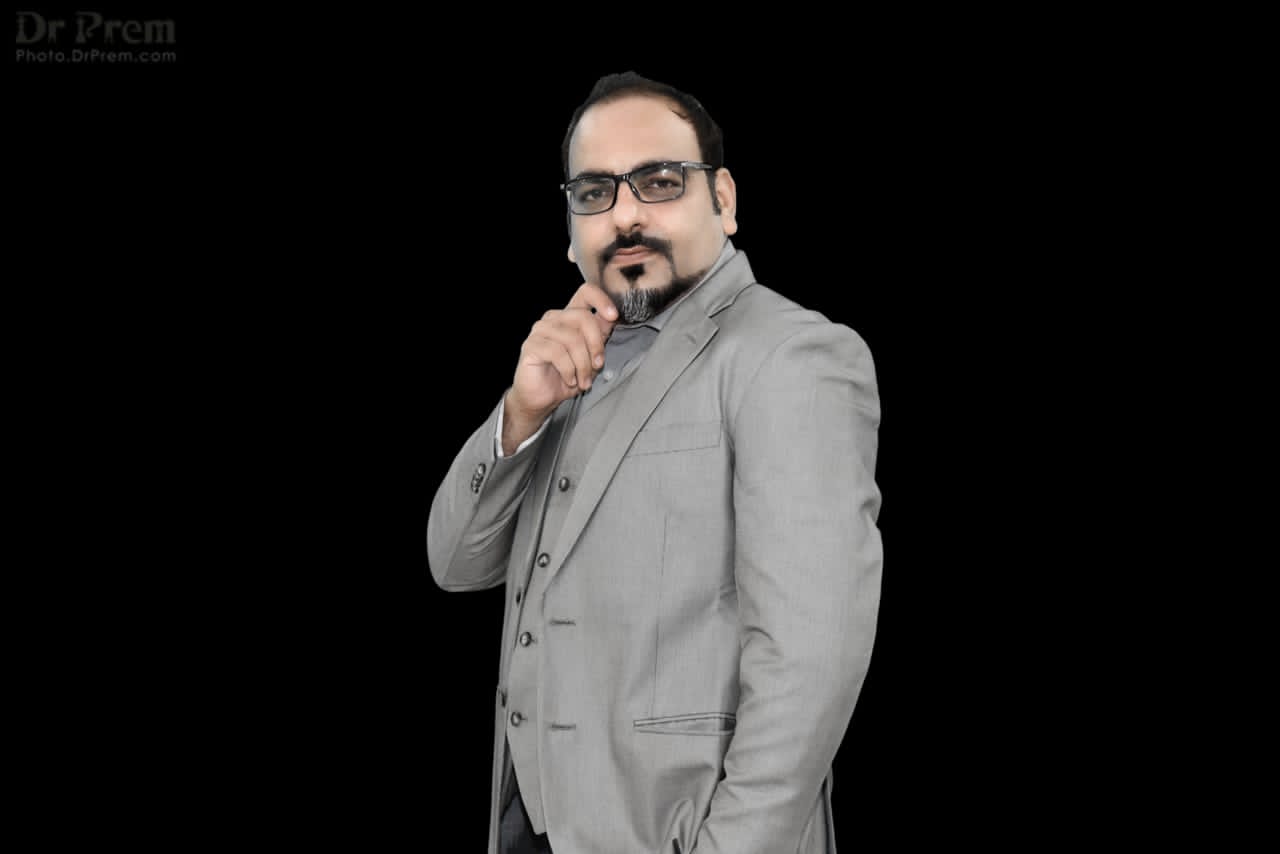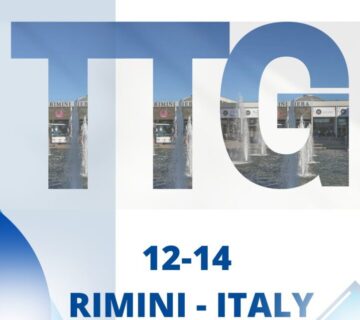Dr. Prem’s Insights On Medical Tourism In Iran

– From your point of view, how do you evaluate the health tourism market from a technical, structural, and scientific and how do you see it?
Dr. Prem: Medical tourism is to stay and will grow faster. We need to understand that, travel is at a halt but not medical tourism. There is a pent-up demand which will surge faster than ever when the world opens fully. You will be surprised to know probably 50-70-billion-dollar medical tourism business is on halt because of the Covid-19. If we look at the data from World Economic Forum and the WHO, over 38% of cancer surgeries worldwide got canceled last year in the initial phase of lockdown. Every extra week of lockdown or Covid-19 related disruption means cancellation of 2.4 million elective surgical procedures. There is a serious backlog and it won’t get over in a year or so. Let us not forget the huge cancellations of medical tourism programs in 2020. So, patients are waiting to travel with newer demands and needs. And all these will contribute to the fast growth of medical tourism.
If you talk of technical and structural evaluation of the medical tourism market in the current scenario, let us admit first that the pandemic has brought in significant changes in the patients’ mindset. They are more concerned about their health safety, and travel will no longer be easy as before. Countries with better pandemic management strategies will open sooner and see more international patients.
I believe the most significant development will be the integration of medical tourism, global healthcare, and wellness tourism. These will coalesce to form an evolving market. Patients are more aware of their health and wellness, and technology will play an important role. The demand for virtual care and tech-driven support before and after medical travel will shoot up. Patients might as well choose wellness activities in their medical tourism programs either as a part of post-treatment recovery or to fulfill pre-treatment conditions. Interestingly, such medical wellness integrations with hi-tech advancements will bring in a lot of expertise promoting the cause of holistic well-being.
-What do you see as the most important weaknesses and missing links in this industry, which have been more prominent and important internationally?
Dr. Prem: Inadequate coordination and collaboration among different stakeholders is a persisting weakness in medical tourism. Another is the lack of proper communication. We often see patients are not informed properly of treatments and services. Their needs and demands are not taken care of. Inadequate pre-evaluation and guidance about medical services are common and patients may have to waste time and money unnecessarily. This hampers the seamless medical tourism journey of patients.
The absence of well-thought-out marketing campaigns is a persistent weak point in medical tourism. Do your customers know you? You must remain visible in their minds all the time. I always recommend marketing activities even during a crisis with a focused approach where costs are less with ensured returns. This is one crucial point that medical tourism markets give less importance. Whereas I feel when your competitors remain muted during the crisis, you get the best chance to build your brand, make your presence felt among the potential customers.
What are your suggested solutions to these issues as an international expert?
I believe Iran has a great potential in medical tourism which is largely untapped as of now. Iran needs to develop proper strategies in coordination and partnership building to make medical tourism sustainable in the long run.
Medical tourism growth will largely depend on effective communication, pre-travel planning, tech-driven evaluation using advanced online tools, efficient treatment, and well-thought-out post-operative care or follow-ups. Pre-arrangement of medical tourism will get more importance with efficient matchmaking services. Remember patients will not be able to travel easily as before for a post-treatment follow-up.
Communication needs to be more humane. The provider should step into the patient’s shoes to get a feel of the pain points and plan strategies to resolve them smoothly. This should cover non-medical needs also.
The country should also come up with strongly focused marketing strategies just like Turkey, Malaysia, and Jordan. They should set up specific protocols and conceptualize specific ideas fitting their destination offerings and the targeted market. Another important factor I would like to highlight is capacity-building which means train, teaching, educating, and informing medical service providers, facilitators, and other stakeholders to join the medical tourism industry.
What do you suggest in the discussion of education and training courses for Iran and those involved in this industry? How can SSKnedtour implement it in Iran with your help?
Medical tourism will become more complex, patients’ demands will evolve. In such a situation, you need knowledgeable and skilled professionals to deliver things exactly the way it is needed. Without proper training and education, it is not possible to gain deeper insights into patients’ needs and make subsequent arrangements. Patients are very sensitive about their needs both medical and non-medical. You cannot treat any need less important.
Legal, cultural, and ethical issues matter a lot in medical tourism. You should be knowledgeable about everything related to it and handle patients accordingly. All these factors boil down to patient experience and outcomes for which training is absolutely necessary.
We have comprehensive training modules and masterclasses to help destinations, providers, facilitators, and related stakeholders reap benefits in medical tourism, wellness tourism, and global healthcare businesses. Medical tourism is evolving dynamically, getting more competitive, and you cannot grow further without getting updated. Good training serves the purpose well. We are happy to see our training modules are helping medical tourism businesses grow in different parts of the world.
The big advantage of our training is that we make it highly personalized. For Safiran Company, we will create a similar module focused on Iran’s potential and train them to implement it in different domains of medical tourism. Training and knowledge-building is continuous process. You are always welcome if you need further guidance.





No comment